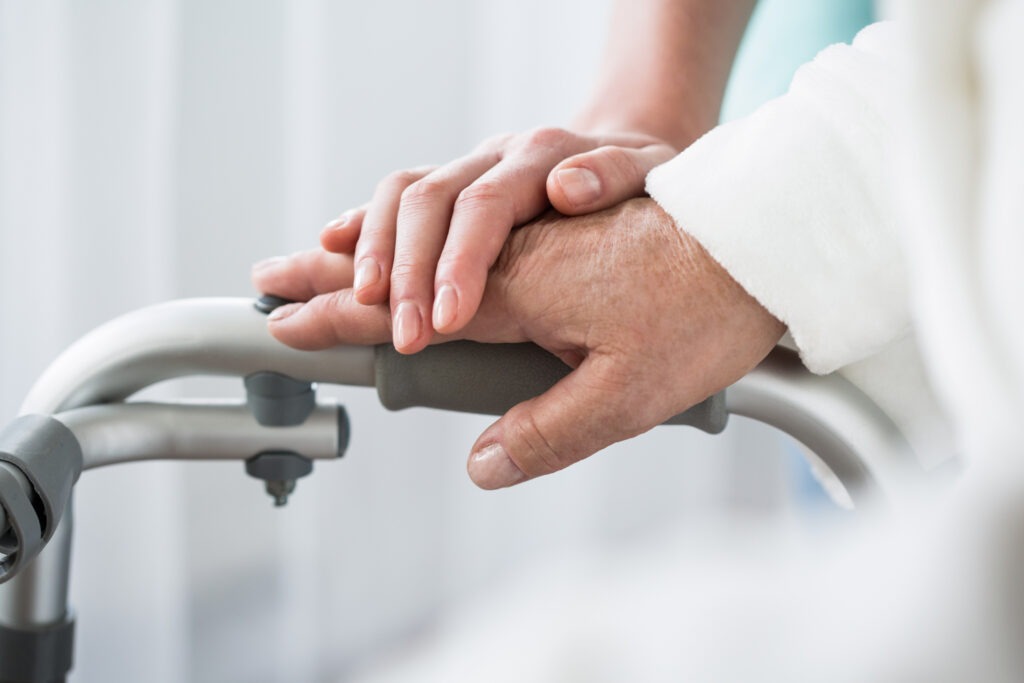
Nursing homes continue to inappropriately and illegally post photographs of their residents to social media. The photographs are often embarrassing, humiliating and demeaning to the residents, and sometimes they are nude photos.
ProPublica published details in 2015 of 47 incidents of nursing home workers inappropriately posting photos or videos of residents on social media. Numerous lawsuits have occurred since then alleging similar behavior, including:
- A lawsuit filed in 2019 alleged that employees at Paramount Senior Living Facility in Seven Fields, PA took nude pictures of a patient and posted them on social media. CBS Pittsburgh reported that the woman was photographed nude from the hips down in a shower chair, positioned over a bowel movement. The lawsuit alleged that the photograph was posted on Snapchat and Facebook with the text “Winter Fail” on it.
- A lawsuit filed in 2017 alleged that the ex-boyfriend of an employee at Meadows Mennonite Home in Chenoa, Illinois posted photos to social media of residents in various states of undress, doing such private activities as using the toilet, bathing, sleeping and using wheelchairs. The lawsuit claims that the nursing home failed to protect its residents from this type of abuse by failing to stop employees from using cell phones while on the job.
42 C.F.R. § 483.10(e) dictates that taking unauthorized recordings or photographs of residents and distributing them on social media violates federal law. Residents with Alzheimer’s disease or dementia may be unable to consent to photographs even being taken, let alone being posted on social media, even if the photographs portray the resident in a positive light.
Photographs can unintentionally give away individually identifiable information, including information about patients’ conditions, and 45 C.F.R. § 160.103 prohibits this.
Recording or photographing nursing home residents may be considered abuse under 42 C.F.R. § 483.13(b),(c).
CMS overhauled their requirements for long-term care facilities in 2016. The overhaul included requiring nursing homes to report all allegations of abuse and requiring that nursing homes can’t hire people who have been disciplined for the abuse, neglect or mistreatment of residents, or stealing their property.
Negligence per se is essentially negligence via breaking the law. Those who harm others through negligence per se are liable for that harm in California. Distributing unauthorized photographs of nursing home residents is negligence per se, and thus damages for injuries caused by the posting of the photos can be pursued in a lawsuit in California.
Nursing homes are also duty-bound to exercise reasonable care when training their staff to not abuse residents, prevent resident abuse and report allegations of resident abuse. Failure to exercise this reasonable care is negligence. Those who harm others in California through negligence can be held liable for that harm in a lawsuit.

